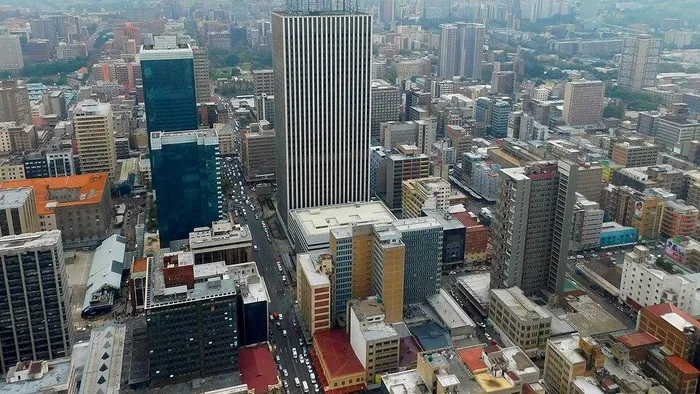Will G20 be an economic catalyst for South Africa?

With international events comes tourism yet there is still much to sort out regarding South Africa's logistics.
Image: File
Thousands of G20 delegates, support staff, business leaders, and media teams are descending in Johannesburg for G20 – which will boost local tourism.
However, for the long-term benefits of the summit to be felt, which could be through deals being struck, South Africa needs to continue resolving infrastructure bottlenecks to lead as a central logistics hub.
Berry Everitt, CEO of the Chas Everitt International property group, said the talks can act as a “powerful showcase of the country’s attractions”.
Everitt added that international tourism has extremely positive effects on the local property market.
Statistics South Africa figures show that from January to September this year, the country welcomed more than 7.6 million international visitors.
This represents an increase of more than 1.1 million compared to the same period in 2024.
Government estimates indicate that, for every 12 arrivals, at least one direct and one indirect job is created.
“This translates into more than 160 000 additional livelihoods supported across hospitality, transport, food production, arts and crafts – and real estate,” said Everitt.
Tourism contributes almost 9% to gross domestic product (GDP) and supports 1.68 million jobs.
“Tourism and real estate have always been closely linked,” Everitt said.
Everitt noted that, “when global attention turns to any destination, visitor numbers rise, confidence grows and investment tends to follow”.
However, Dr Ernst van Biljon, head lecturer of Supply Chain Management at the IMM Graduate School, cautioned that South Africa “must confront its domestic bottlenecks head-on”.
Van Biljon said it was important for South Africa to remain competitive in terms of logistics and supply chain.
The South African logistics and supply chain sector contributes around 11.8% to the country's GDP.
However, the total economic impact, including the cost of inefficiencies and related issues, is even higher.
Although strides have been made to reform Transnet, “freight rail and port systems are operating at less than 50% efficiency in key corridors, eroding export competitiveness,” said Van Biljon.
This comes as the summit’s agenda aligns closely with South Africa’s economic imperatives – infrastructure reform, industrial diversification and sustainable growth, said Van Biljon.
Energy, roads, and rails have been driving public-sector spending, which rose for a third consecutive year in 2024.
Statistics South Africa said in a report on government infrastructure spending that this figure reached R276 billion in 2024 from R234 billion in 2023.
That’s an 18% increase and follows a five-year downturn, which started in 2016, IOL's calculations show.
IOL Business